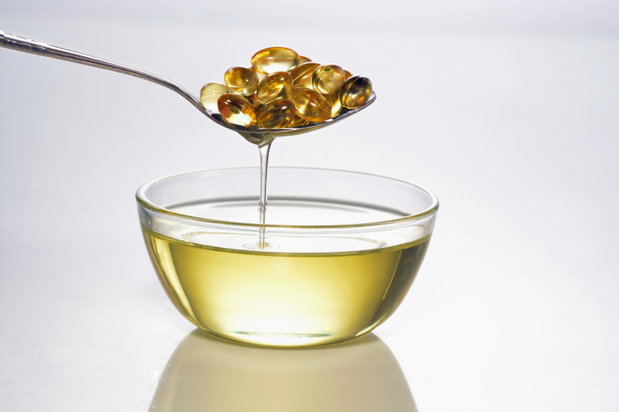As a cohabitating addiction that usually accompanies substance abuse, cigarettes continue to be one of the most socially acceptable forms of chemical dependency. While the recovering addict or alcoholic has left their previous substance of choice behind, what can often remain is a violent nicotine addiction.
Quitting smoking is no easy matter and many members of Alcoholic Anonymous will say that it is best to quit one substance at a time, in an attempt not to completely overwhelm the body. Nicotine is notoriously an addictive substance that rivals that of other withdrawals such as heroin or cocaine.
According to Dr. Sharon Hall, a psychology professor at the University of California San Francisco, “Heroin addicts say it is easier to give up dope than it is to give up smoking.”
While there are a slew of quitting aids offered on television and in drug stores, a recent study by the University of Haifa, has found that increasing omega-3 intake reduces cigarette smoking by a decent margin.
The study comprises of two groups of smokers, both of which are told not to change their smoking habits. The initial group is assigned to take an omega-3 supplement every day, while the other group is given a placebo. The two groups are monitored by researchers to see if there is any change in the amount of cigarettes that are smoked each day by the participants.
After 30 days of monitoring, it was determined that the group who had been taking omega-3 had reduced their daily cigarette intake by an average of two per day, an 11% reduction. Participants also stated that their nicotine cravings were not as persistent or severe. The placebo group remained at the same level of cigarette intake.
The following 30 days of observation featured both groups receiving placebos in order to compare the effectiveness of the omega-3 consumption. The cigarette intake of the group that had previously been taking omega-3 was still significantly lower than their baseline numbers at the beginning of the study, and while nicotine cravings were shown to rise from the first 30 days they were still lower than the baseline.
While an 11% decrease of cigarette smoking is not a massively significant breakthrough, omega-3 can be potentially used as a quitting agent if the user is dedicated to stop smoking. Omega-3 is relatively inexpensive in comparison to Chantix or Nicorette.
According to Business Insider, an omega-3 deficiency on top of smoking can lead to harmful effects in the human nervous system. “A deficiency in omega-3 damages the cellular structure of nerve cells and interrupts neurotransmission in areas of the brain involved with feeling pleasure and satisfaction.”
The most important aspect of quitting smoking has to first do with the will to do so. Omega-3 is merely a tool that can be used in easing the process or marking the beginning of a smoking reduction.








